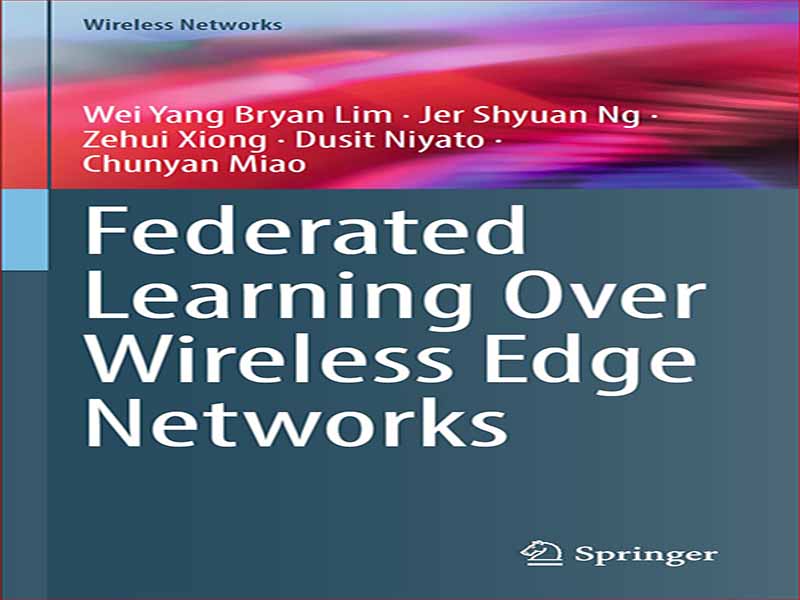- عنوان مجله: Federated Learning Over Wireless Edge Networks
- نویسنده: Wei Yang Bryan Lim, Jer Shyuan Ng, Zehui Xiong
- حوزه: ارتباطات بیسیم
- سال انتشار: 2022
- تعداد صفحه: 175
- زبان اصلی: انگلیسی
- نوع فایل: pdf
- حجم فایل: 4.99 مگابایت
تلاقی محاسبات لبه و هوش مصنوعی (AI) باعث افزایش هوش لبهها شده است که از ظرفیتهای ذخیرهسازی، ارتباطی و محاسباتی دستگاههای پایانی و سرورهای لبه برای تقویت پیادهسازی هوش مصنوعی در مقیاس نزدیکتر به محل تولید داده استفاده میکند. یک فناوری فعال کننده هوش لبه، پارادایم یادگیری ماشینی حفظ حریم خصوصی است که به عنوان یادگیری فدرال (FL) شناخته می شود. در میان مقررات سختگیرانه حریم خصوصی، FL امکان توسعه برنامه هایی را فراهم می کند که باید با استفاده از داده های حساس کاربر ساخته شوند و همچنان انقلابی در ارائه خدمات در امور مالی، اینترنت اشیا (IoT)، مراقبت های بهداشتی، و صنایع حمل و نقل و غیره خواهد بود. با این حال، اجرای FL پیش بینی شده است که شامل هزاران دستگاه نهایی توزیع شده ناهمگن است که از نظر منابع ارتباطی و محاسباتی، و همچنین سطوح تمایل به شرکت در فرآیند آموزش مدل مشارکتی متفاوت هستند. خرابی های بالقوه گره، حذف دستگاه ها، و اثر stragglers تنگناهای کلیدی هستند که مانع اجرای موثر، پایدار و مقیاس پذیر FL می شوند.
The confluence of edge computing and artificial intelligence (AI) has driven the rise of edge intelligence, which leverages the storage, communication, and computation capabilities of end devices and edge servers to empower AI implementation at scale closer to where data is generated. An enabling technology of edge intelligence is the privacy-preserving machine learning paradigm known as federated learning (FL). Amid the increasingly stringent privacy regulations, FL will enable the development of applications that have to be built using sensitive user data and will continue to revolutionize service delivery in finance, Internet of Things (IoT), healthcare, and transport industries, among others. However, the implementation of FL is envisioned to involve thousands of heterogeneous distributed end devices that differ in terms of communication and computation resources, as well as the levels of willingness to participate in the collaborative model training process. The potential node failures, device dropouts, and stragglers effect are key bottlenecks that impede the effective, sustainable, and scalable implementation of FL.
این کتاب را میتوانید از لینک زیر بصورت رایگان دانلود کنید:





































نظرات کاربران